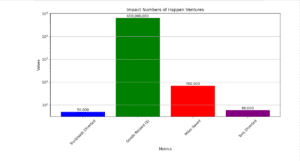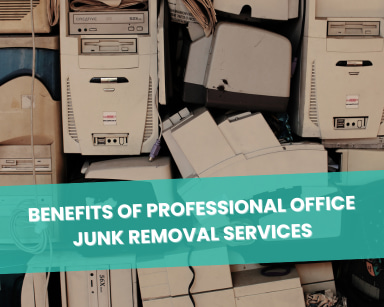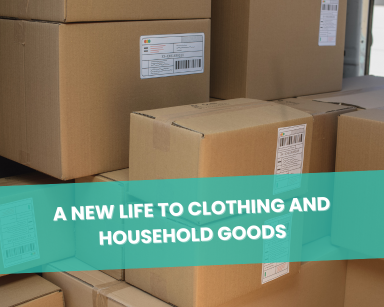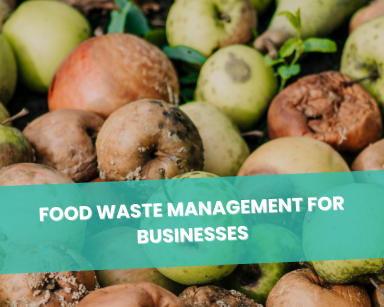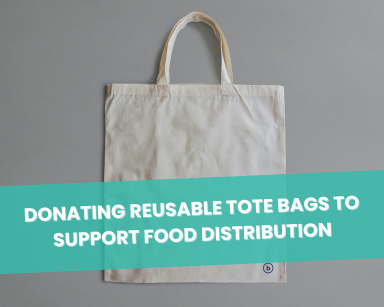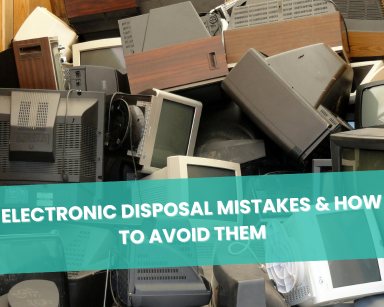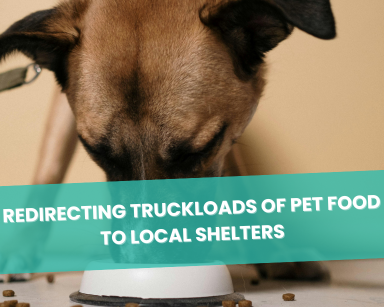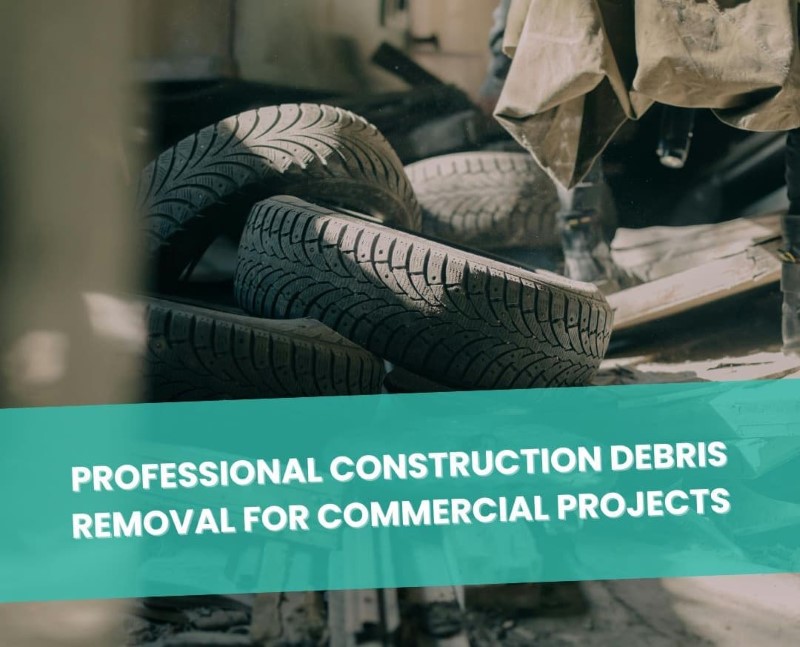Redefining Waste: The Promise of Beneficial Reuse Management
Imagine walking through a picturesque town, where children play freely, and the air is fresh. But as you venture further, you stumble upon a vast landfill, a stark contrast to the idyllic setting you just left. Mountains of waste, a testament to our consumption patterns, and the inefficiencies of traditional waste management. But what if there was a way to turn this grim picture around? Comes Beneficial Reuse, a transformative approach that’s redefining waste management.
A recent study in 2023 highlighted that traditional waste collection processes are not just outdated but also unsustainable. This inefficiency leads to overflowing bins, environmental degradation, and a strain on our ecosystems.
Table of Contents
The Unseen Burden of Traditional Waste Management
Traditional waste management, with its focus on disposal, has long been a silent burden on our environment and economy. The costs are not just financial, they’re environmental and social. Landfills emit harmful gasses, contribute to climate change, and often lead to groundwater and soil contamination.
Moreover, the lack of public awareness and infrastructure exacerbates the problem. But beyond these tangible impacts lies a missed opportunity – the chance to support communities in need and make a positive difference.
- Sustainable Strategies Amidst the Crisis
While sustainability has become a buzzword, its implementation often lacks depth. Many businesses adopt strategies that appear green on the surface but don’t address the root of the problem. The real challenge lies in moving from superficial practices to deep-rooted beneficial management practices that bring about genuine change.
A Comparative Analysis
According to the Asian Development Bank, traditional waste management prioritizes disposal, often leading to environmental degradation. Landfills, a common disposal method, contribute significantly to greenhouse gas emissions and can contaminate groundwater.
In contrast, beneficial reuse focuses on repurposing items, reducing the need for new resources and minimizing environmental impact. This approach not only diverts waste from landfills but also supports communities, creating a win-win situation.
A Silent Revolution in Waste Management
At the heart of the waste management crisis lies an opportunity – Beneficial Reuse. Instead of viewing unwanted goods as waste, we see them as resources. By channeling these resources to communities in need, we’re not just managing waste, we’re creating value. This approach has a dual benefit: businesses save on disposal costs, and communities receive much-needed support.
- The Underlying Sustainable Management in Beneficial Reuse
Beneficial reuse is more than a concept, it’s a movement towards a circular economy. This model ensures that resources are continually reused, reducing the strain on our environment and ecosystems. Moreover, by supporting communities, we’re fostering social growth and cohesion.
- The Economic Ripple Effect of Beneficial Reuse
Beneficial reuse isn’t just an environmental solution, it’s an economic game-changer. By diverting items from the waste stream and repurposing them, businesses can tap into new revenue streams and reduce disposal costs. Moreover, donating items to communities in need can lead to significant tax write-offs, further enhancing the economic viability of this approach.
The Roadblocks in Adopting Beneficial Reuse
Every transformative journey has its challenges. For beneficial reuse, these challenges range from logistical issues to misconceptions about its efficacy. But with the right insights and a shift in perspective, these roadblocks can be turned into stepping stones.
- Beneficial Management Practices
The path to beneficial reuse is paved with success stories. Businesses, both big and small, have integrated this approach into their operations, witnessing both financial gains and positive social impact.
How Countries are Embracing Beneficial Reuse
Around the world, nations are recognizing the potential of beneficial reuse. From community-driven initiatives to government-backed programs, the shift towards a more sustainable waste management paradigm is evident. For instance:
- In Europe, several countries have adopted policies promoting the circular economy, emphasizing the importance of reuse and repurposing.
- Asian countries, facing rapid urbanization and increasing waste generation, are exploring beneficial reuse as a viable solution to manage waste sustainably.
Happen Ventures: Leading the Change
Happen Ventures is not just a company, it’s a movement. Our journey, marked by milestones like diverting 50,000 truckloads and reusing over $650M of goods, is a testament to the power of beneficial reuse.
The numbers speak for themselves. With tangible impacts like 700,000 miles saved in transportation and 60,000 tons diverted, Happen Ventures stands as a beacon of hope in the waste management landscape.
Concluding Thoughts: The Future is Reuse, Not Waste
As we stand at the crossroads of sustainability, the choice is clear. Beneficial reuse offers a path forward, promising a future where waste is not an end but a new beginning. Let’s embrace this change and build a sustainable, equitable future together.
The future is clear. Waste is not an endpoint but a new beginning. As businesses, communities, and individuals, we have the power to redefine waste management. By embracing beneficial reuse, we can create a sustainable, equitable, and prosperous future. The question is, are you ready to be a part of this change?

